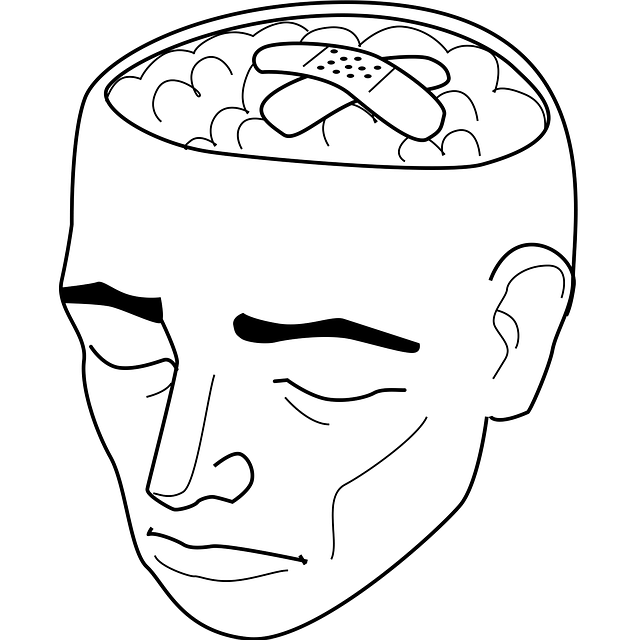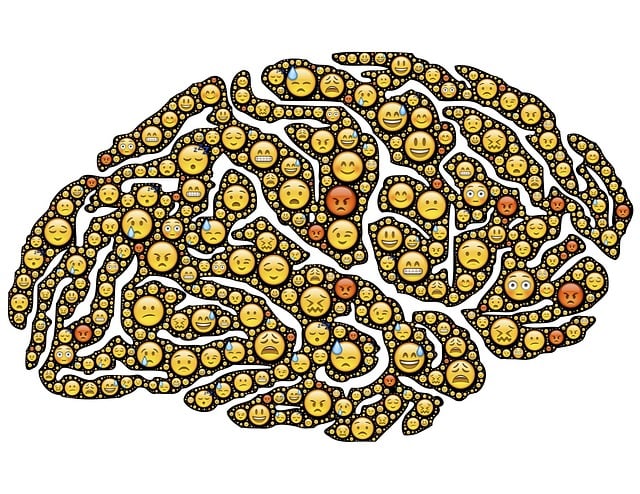Substance abuse is a complex issue driven by psychological factors, with early intervention and understanding root causes as key risk reduction strategies. Dialectical Behavioral Therapy (DBT), integrating cognitive-behavioral techniques and mindfulness, effectively teaches essential skills for emotion regulation, distress tolerance, and interpersonal effectiveness, benefiting adults with addiction and co-occurring mental health issues. Community support through outreach programs and public awareness campaigns is vital, along with promoting self-care routines in treatment plans to empower individuals in managing their mental health proactively. A personalized, multi-faceted approach incorporating evidence-based therapy like DBT, stress management workshops, and mental health education is crucial for effective risk mitigation and long-term recovery.
Substance abuse carries significant risks, impacting both individuals and society. Understanding these dangers is the first step towards recovery. This article explores comprehensive risk reduction strategies, focusing on the power of therapy in combating substance abuse. We delve into the benefits of Dialectical Behavioral Therapy (DBT) as a leading approach, alongside other effective therapy models tailored for adults. By examining these methods, individuals can navigate their path to healing and mitigate potential risks effectively.
- Understanding Substance Abuse and Its Risks
- The Role of Dialectical Behavioral Therapy (DBT) in Risk Reduction
- Other Effective Therapy Approaches for Adults
- Building a Comprehensive Risk Mitigation Plan
Understanding Substance Abuse and Its Risks

Substance abuse is a complex issue that can have severe consequences on an individual’s physical and mental health, relationships, and overall quality of life. It often stems from underlying psychological factors, such as stress, trauma, or mental illness. Understanding these root causes is crucial for effective risk reduction. Many adults struggling with substance abuse benefit from therapy, particularly Dialectical Behavioral Therapy (DBT), which focuses on teaching skills to regulate emotions, tolerate distress, and improve interpersonal effectiveness.
Recognizing the signs of substance abuse early on is essential for implementing risk-reduction strategies. This may involve encouraging individuals to engage in activities that boost confidence and promote positive self-image, as a strong sense of self can be protective against relapse. Additionally, mental illness stigma reduction efforts play a significant role in fostering open conversations about addiction and seeking appropriate treatment. Maintaining a mental wellness journal can also serve as a valuable tool for tracking progress, identifying triggers, and providing guidance during challenging times—all essential components in the journey towards recovery.
The Role of Dialectical Behavioral Therapy (DBT) in Risk Reduction

Dialectical Behavioral Therapy (DBT) plays a pivotal role in risk reduction strategies for substance abuse, especially among adults. This form of therapy is renowned for its effectiveness in treating complex mental health issues, including trauma and anxiety relief, often co-occurring with addiction. DBT combines cognitive-behavioral techniques with mindfulness practices to help individuals develop healthier coping mechanisms and improve their emotional regulation skills. By fostering better self-care routine development for better mental health, DBT enables clients to navigate distressing situations without resorting to substance abuse as a coping mechanism.
In the context of risk reduction, DBT equips participants with four key skill sets: mindfulness, distress tolerance, emotion regulation, and interpersonal effectiveness. These skills empower individuals to manage intense emotions, reduce impulsive behaviors, and enhance their overall well-being. By addressing the underlying causes of substance abuse and promoting healthier alternatives, DBT offers a comprehensive approach to risk reduction, making it an invaluable resource for adults seeking to overcome addiction and lead fulfilling lives.
Other Effective Therapy Approaches for Adults

In addition to evidence-based treatments like Cognitive Behavioral Therapy (CBT), adults struggling with substance abuse can benefit from various other effective therapy approaches. One notable method gaining traction is Dialectical Behavioral Therapy (DBT), which combines cognitive-behavioral techniques with mindfulness practices, helping individuals regulate emotions, improve interpersonal effectiveness, and enhance distress tolerance. DBT has shown promise in treating complex cases where traditional therapies may not have been as successful.
Community outreach program implementation and public awareness campaigns development can also play a crucial role in supporting therapy for adults. By educating communities about the signs of substance abuse and available resources, these initiatives foster an environment that encourages help-seeking behaviors. Furthermore, integrating self-care routine development for better mental health into treatment plans empowers individuals to proactively manage their well-being, thereby reducing risk factors associated with substance abuse.
Building a Comprehensive Risk Mitigation Plan

Creating a robust risk mitigation plan for substance abuse involves a multi-faceted approach tailored to individual needs. A comprehensive strategy should encompass various evidence-based methods, including therapy for adults such as Dialectical Behavioral Therapy (DBT), which has proven effective in treating complex emotional issues and promoting healthy coping mechanisms. By integrating these therapeutic techniques into a structured plan, individuals can learn to manage stress, regulate emotions, and avoid triggers that might lead to substance abuse.
Additionally, organizations can play a pivotal role by offering Stress Management Workshops, designing engaging Mental Health Education Programs, and advocating for comprehensive Mental Health Policy Analysis. These initiatives foster an environment that prioritizes mental well-being, provides early interventions, and reduces the overall risk of substance abuse within communities. Equipping individuals with the knowledge and tools to navigate stress and emotional challenges is a powerful step towards building resilience and promoting long-term recovery.
Substance abuse poses significant risks, but with the right strategies, these can be mitigated. Understanding the problem and its causes is the first step. Dialectical Behavioral Therapy (DBT) has proven effective in risk reduction due to its focus on emotion regulation, distress tolerance, and mindfulness. Beyond DBT, various therapy approaches cater specifically to adults, offering tools for managing addiction. A comprehensive risk mitigation plan combines individual therapy, group support, and lifestyle changes. By integrating these strategies, individuals can effectively navigate the path to recovery and lead healthier lives.














